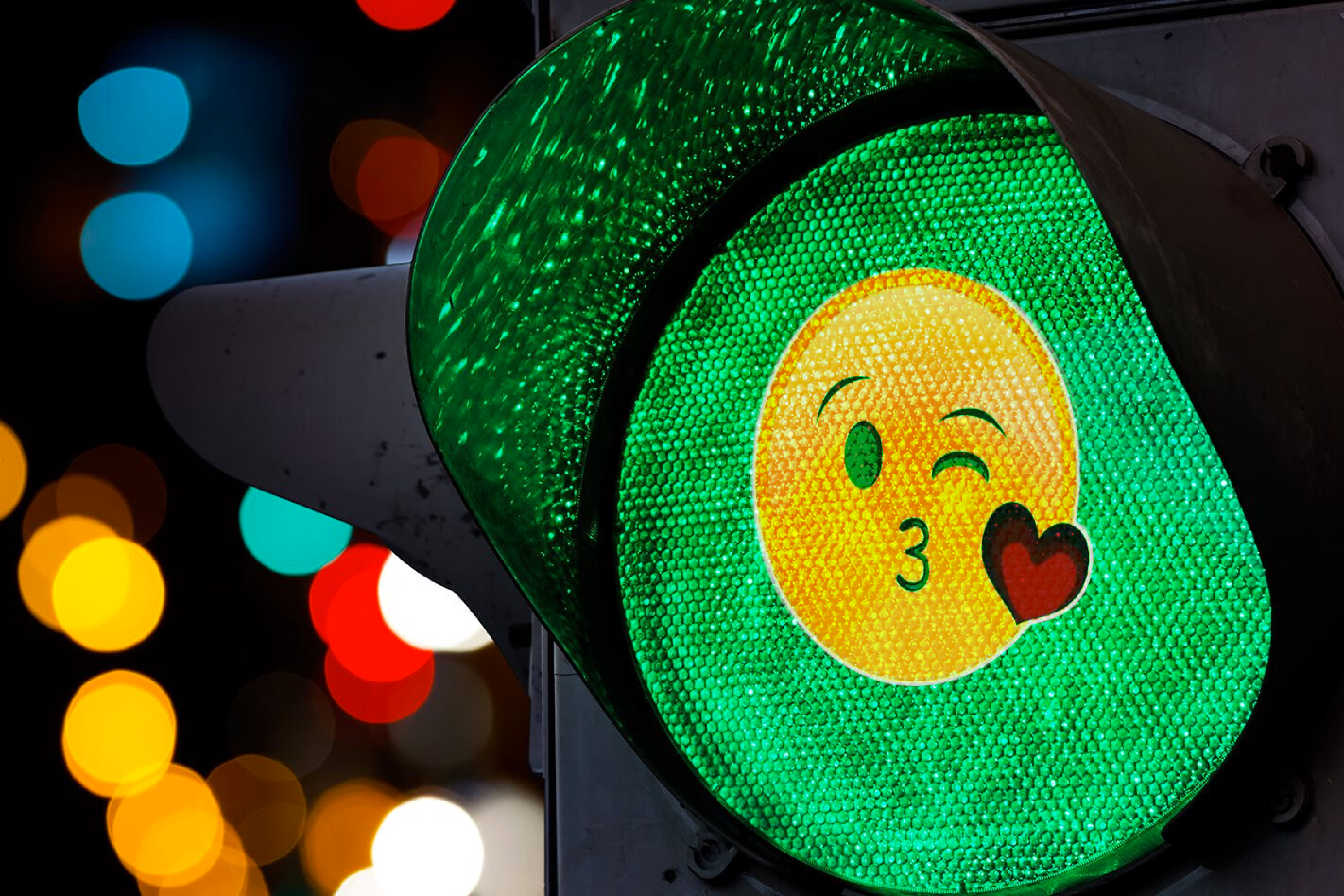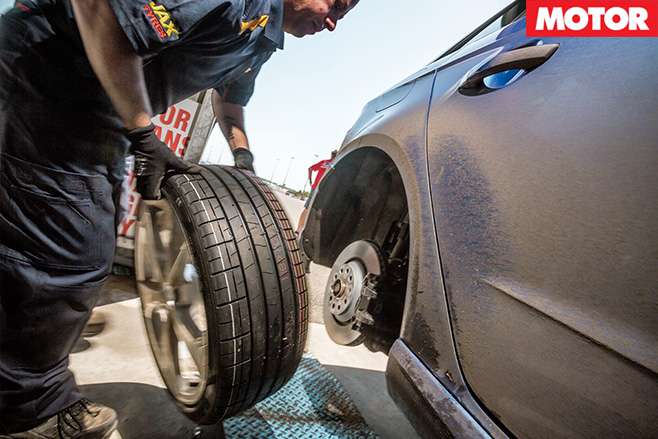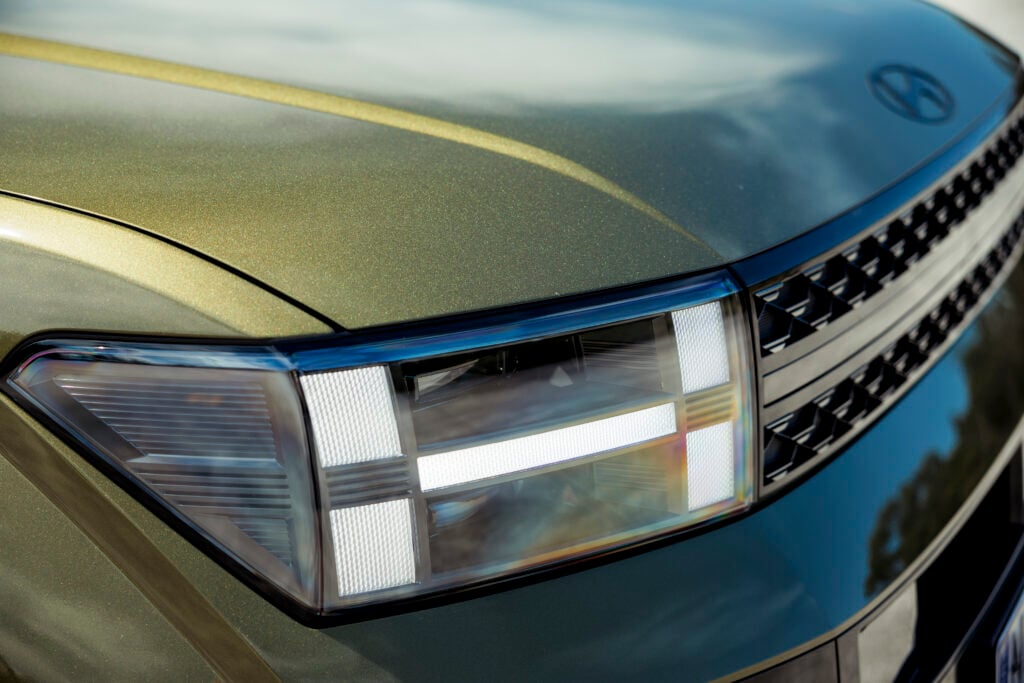Last month, the good people at VicRoads informed me I had been nominated for another speeding award, and won.
I’ve taken to calling them awards as part of a self-preservation strategy that’ll hopefully prevent me going all ‘Cool Hand Luke’ on the council one evening and reclaiming the equivalent value of fines in destroyed parking meters.
This latest acknowledgement of my exceptional speeding ability was, once again, not the result of a wanton flouting of the law but a simple misunderstanding of a speed zone – how was I supposed to know this particular industrial estate was 50km/h as opposed to all the other 60km/h zones? I mean, other than the signs dotted everywhere.
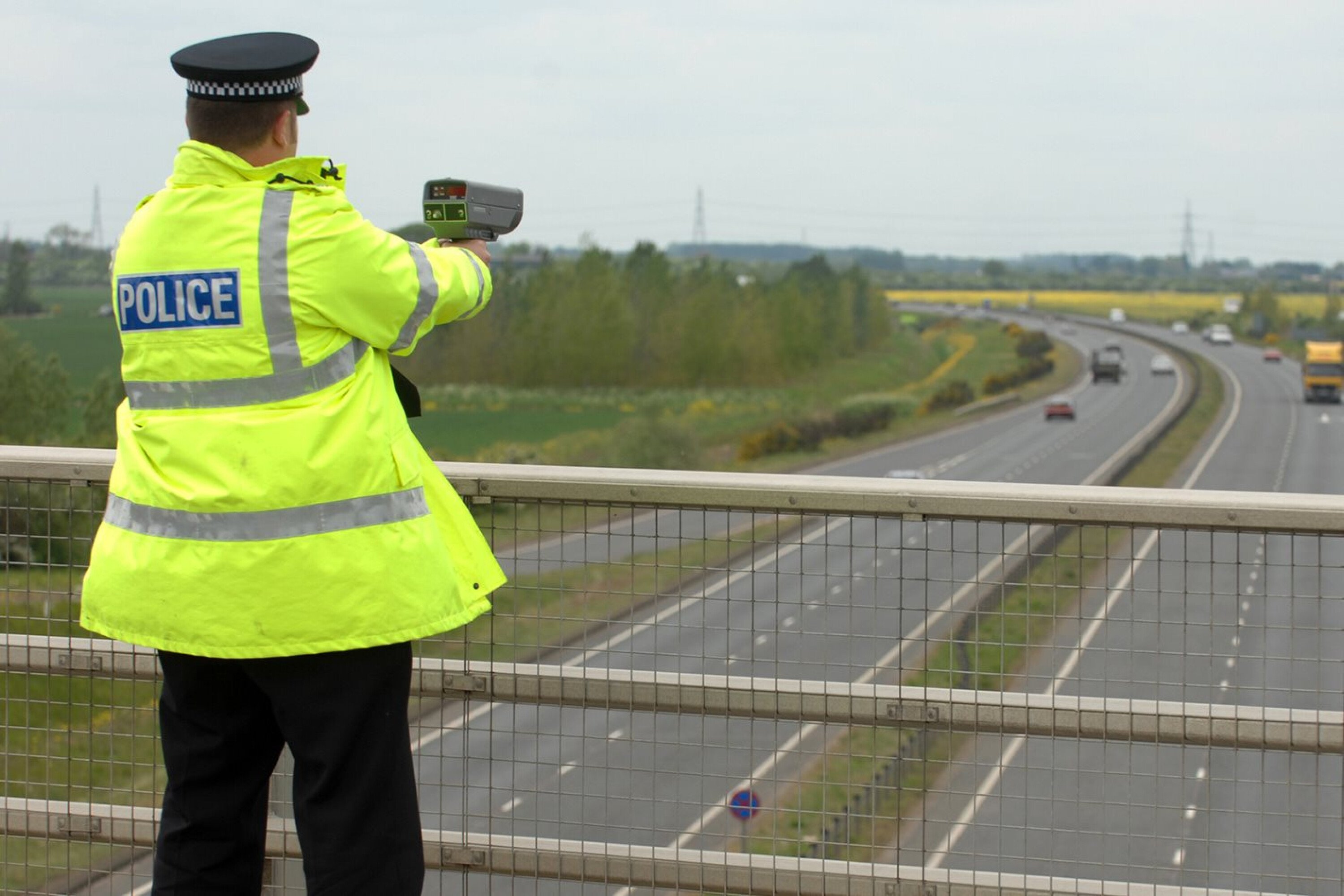
The award letter that now sits proudly on display (and paid) in the shredder has got me thinking once again that we might have got the system all wrong in Australia.
Cases like mine – where the offender honestly believes they are adhering to the law – are harder to prevent, but I believe incidents in which drivers are aware of the maximum limit and choose to deliberately break it are much easier to tackle. This flash of inspiration came from, of all places, Andorra.
Although the sleepy former tax haven nestled in the Pyrenees between France and Spain isn’t exactly known as a leader in anything automotive, it does have a few intriguing traffic control policies.
Like Australia, the principality has roadside speed-detection devices. But instead of filling a Kia Sorento with them, in Andorra, they’re connected to traffic-light control systems. Approaching an intersection in excess of the speed limit will see the lights turn red, and your trip is guaranteed to take longer. It’s amazing how well something this simple works.
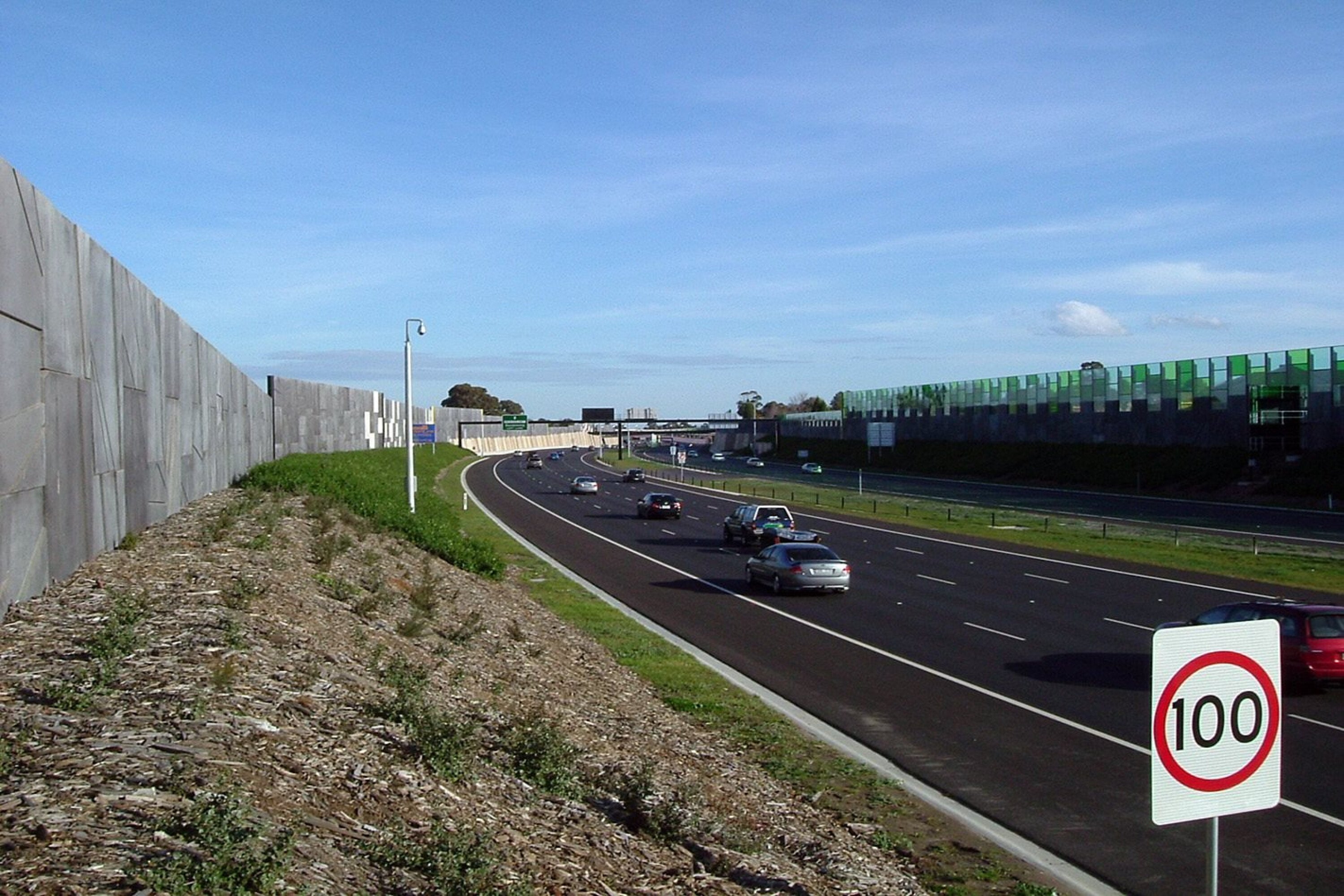
In Andorra, approaching an intersection in excess of the speed limit will see the lights turn red, and your trip is guaranteed to take longer
The sheer anger of a ridiculously inflated speeding fine and penalty points that’s typical even of a minor infringement in Australia makes me want to rebel against the system and do anything but comply – while, conversely, a minor inconvenience like three red lights in a row has me following the rules like a North Korean civil servant. But it gets even better.
Andorra also has a variation of the system where instead of a red light, creeping over the speed limit prompts a large digital screen to display an emoji according to your speed.
Initially I couldn’t work out why I was seeing a high-definition, full colour sad-face flashed at me, but as I dropped under the limit, it turned to a wink emoji. Other times it was a kiss being blown at me.
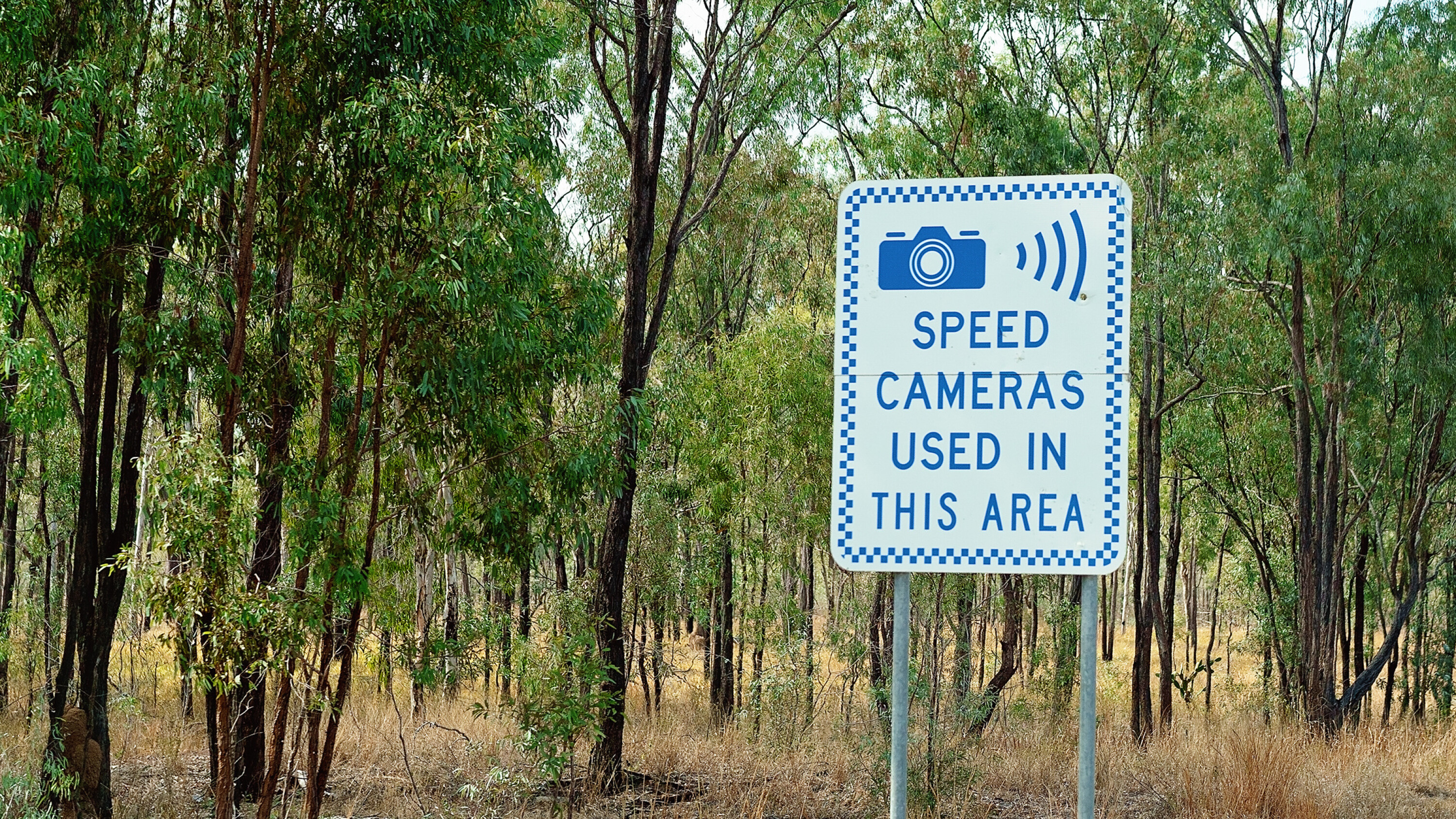
I can’t explain why it was so effective, but it seems this more human or personal touch makes drivers care more about their behaviour than a malodorous schlub sitting in a people mover and then a letter turning up two weeks later.
The beauty of Andorra’s system is that it deals with both kinds of speeders.
Those who want to deliberately drive faster than the limit will do so if they’re also willing to run a red light as well. This, of course, is an even bigger gamble that most choose to avoid.
And those drivers who innocently add on 10km/h thinking they’re still within the law will get a friendly cartoon asking them to slow down, not some jaded old traffic cop looking to bag one last big ticket for the Christmas party coffers before they retire.
We recommend
-
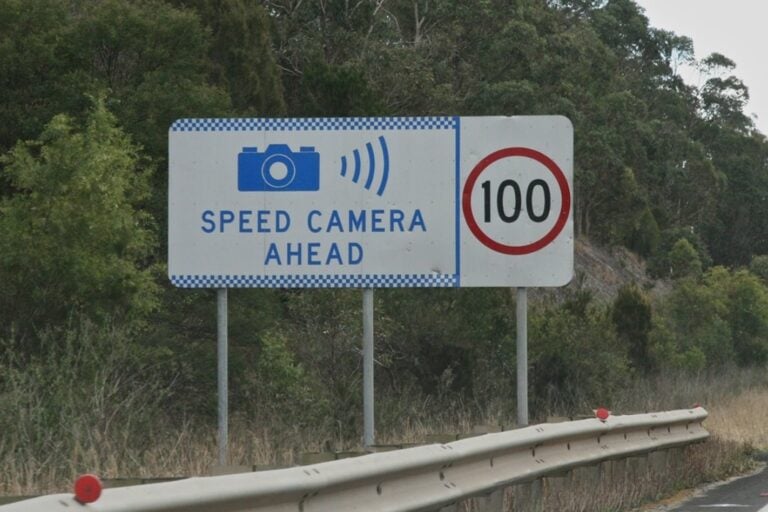 Features
FeaturesOpinion: Are Australian speed limits correct?
Is the nanny state actually a necessary evil?
-
 News
NewsCovert Victoria Police operation nabs speeding motorists
TV show Highway Patrol has confirmed that police will go covert to clock you over the limit
-
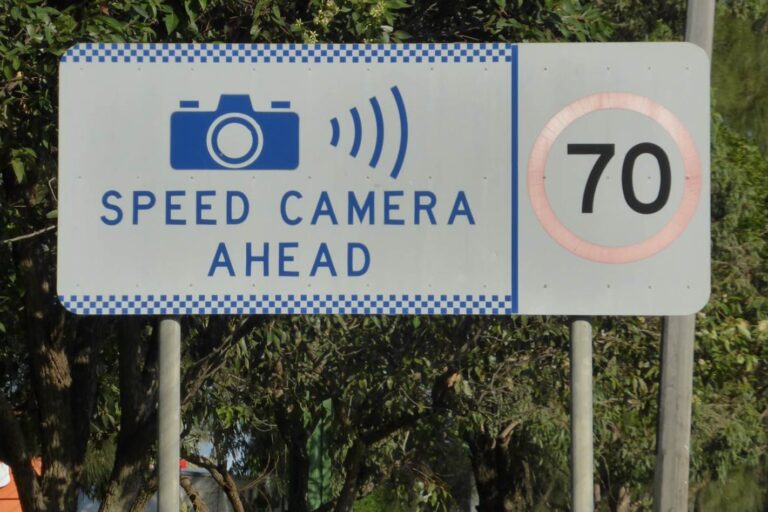 News
NewsVictorians pay almost $1m a day in speeding fines
State government rakes in $338m during last financial year


